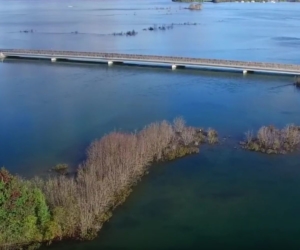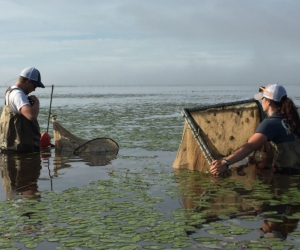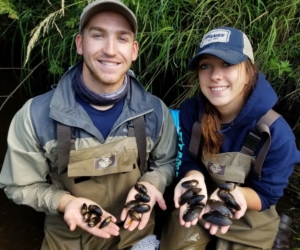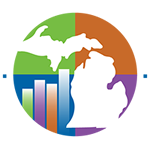Freshwater Conservation and Restoration
Learn more about CFRE’s freshwater conservation and restoration efforts below.
Little Rapids Restoration
The aquatic habitat has been extensively altered throughout the Great Lakes for navigational purposes, including the St. Marys River in Sault Ste. Marie, MI/ON. However, in 2016, natural flow was restored to the Little Rapids area of the St. Marys River. CFRE’s goal is to evaluate the physical and ecological responses to this restoration.
Learn More: Little Rapids Restoration Video
Great Lakes Coastal Wetland Monitoring Program
For the past decade, LSSU has been a partner institution on the Great Lakes Coastal Wetland Monitoring Program (CWMP), an effort funded by the US Environmental Protection Agency and led by Central Michigan University.
LSSU students are trained in standardized monitoring protocols and collect valuable data on wetland fishes, macroinvertebrates, habitat, and water quality each year to help improve our understanding of the health and changing conditions of coastal wetlands in northern Lake Huron and eastern Lake Superior. Over 30 LSSU undergraduates have been involved in this project since its inception.
Read More: www.greatlakeswetlands.org
Freshwater Mussel Ecology and Management
For the past decade, CFRE researchers have been working with the Ottawa National Forest to document the distribution and habitat preferences of freshwater mussels, native and sensitive mussel species, in western UP watersheds to support conservation and habitat restoration.
Starting in 2021, CFRE researchers and partners will develop mussel survey recommendations that can be implemented at hydropower facilities when maintenance drawdowns occur and mussel relocation (i.e., rescue) efforts are needed to avoid stranding organisms. The goal is to maximize mussel species survival while minimizing human effort required to relocate mussels.




